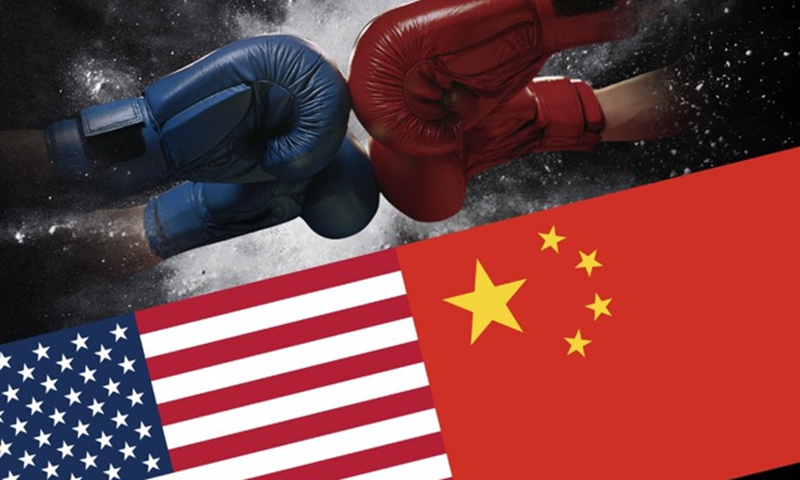Reciprocity never crosses the US' mind: Global Times editorial

Photo: GT
US Secretary of State Mike Pompeo announced on Wednesday fresh restrictions on Chinese diplomats in the US to promote the so-called "reciprocity" in China-US diplomatic relations. The new restrictions state that senior Chinese diplomats must get the State Department's approval before visiting US universities, meeting with local government officials, or holding cultural events with an audience larger than 50 people outside the Chinese Embassy and consular posts' mission grounds.
This is an escalation of Washington's restrictions on Chinese diplomats since October last year, when the US required Chinese diplomats to inform the State Department of official meetings. Before the presidential election, the current US administration is consolidating its tough image against China.
Beijing has never publicly restricted the activities of US diplomats in China by terms not stipulated in the Vienna Convention. In practice, US diplomats in China have never received treatment different from diplomats from other Western countries. There are some sensitive areas in Chinese society. But in these fields, all Chinese and foreigners are treated equally.
Pompeo preaches reciprocity, but it is also the principle that the US is undermining. In addition to the equivalence of public rights, diplomats of the two countries also need to be equal in the nature of their work in each other's countries, and the role they play in the public sphere. The US has not only broken the first principle regarding equivalence, but Chinese diplomats in the US have never been treated equally to US diplomats in China.
In addition to getting to know the country better, Chinese diplomats are also engaged with US society to promote friendship between the two societies. To this end, Chinese diplomats in the US are meeting mainstream people in the US rather than those on the fringes. In other words, Chinese diplomats have always played the role of "outsiders" in the US society, serving as a bridge for the development of friendly relations between the two sides.
US diplomats in China, however, have positioned themselves in a far more aggressive role, with US embassies and consulates showing a strong interest in intervening in China's internal affairs. They are most exposed to Chinese dissidents, providing support and encouragement to them. Some Chinese dissidents are also proud to have garnered attention from US embassies and consulates. It is clear that the US embassies and consulates provide a strong initiative in some sensitive issues in China.
The case of blind Chinese activist Chen Guangcheng in 2012 is one example. From the start to its "explosion" on Chinese social media, the US embassy in China played a crucial role. With the US embassy's help, Chen went to the US. Some reports said the US tried to make him a Chinese equivalent of Gandhi. Yet he failed to live up to US expectations. He was not welcome in the US, and recently was drawn into partisan struggles.
Diplomatic reciprocity is the general principle. As the situation in each country differs, this principle cannot be measured in detail. Reciprocity in quality and format is equally important. The US State Department led by Pompeo has turned disputes between China and the US on specific issues into disputes of so-called "reciprocity of rules," and has provoked and expanded diplomatic conflicts between the two countries, which is just another show of Washington's hooligan diplomacy.
Has the US ever been reciprocal with any country, and with which country does it really want to have a reciprocal relationship? It publicly seeks hegemony, hysterically yells "America First," and flexes its muscles around the world. How can such a US want to have diplomatically reciprocal relations with other countries? Does Pompeo want to deceive Chinese and people around the world, or to incite Americans?